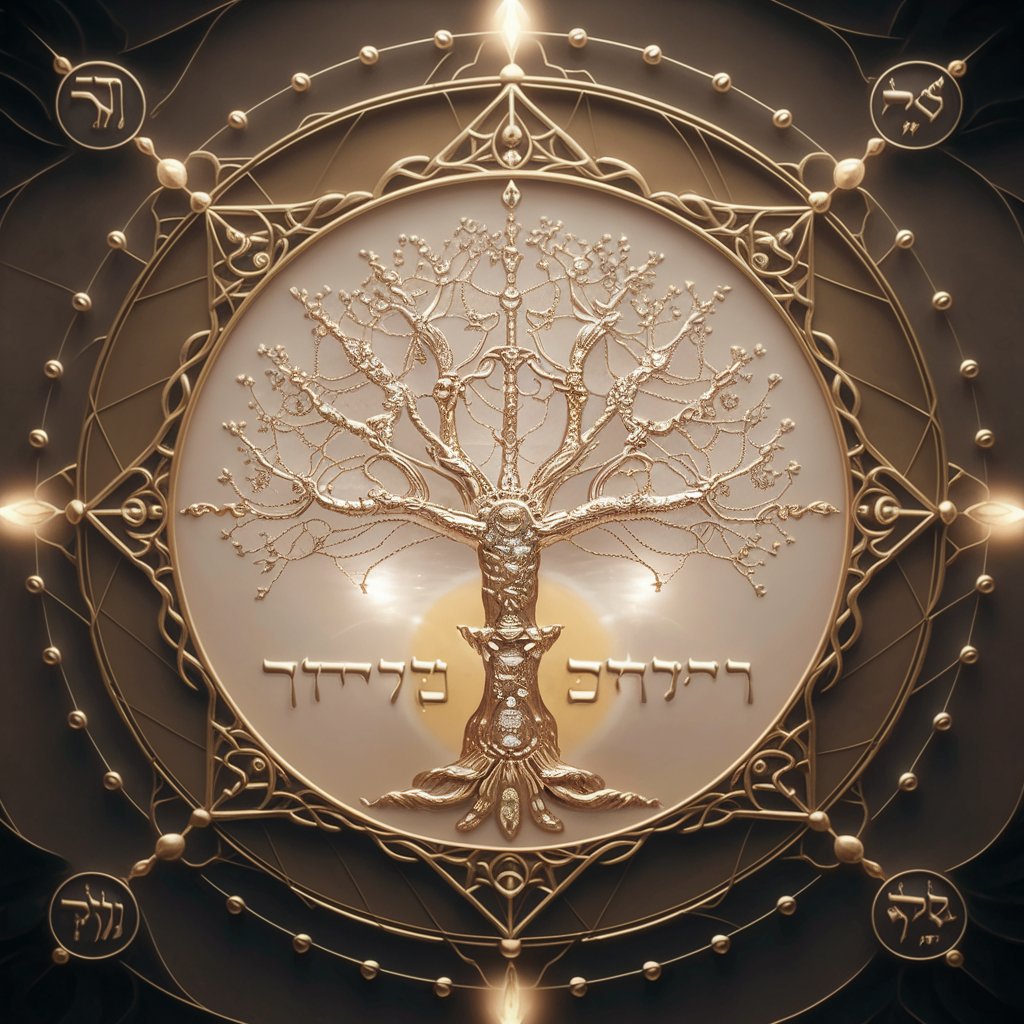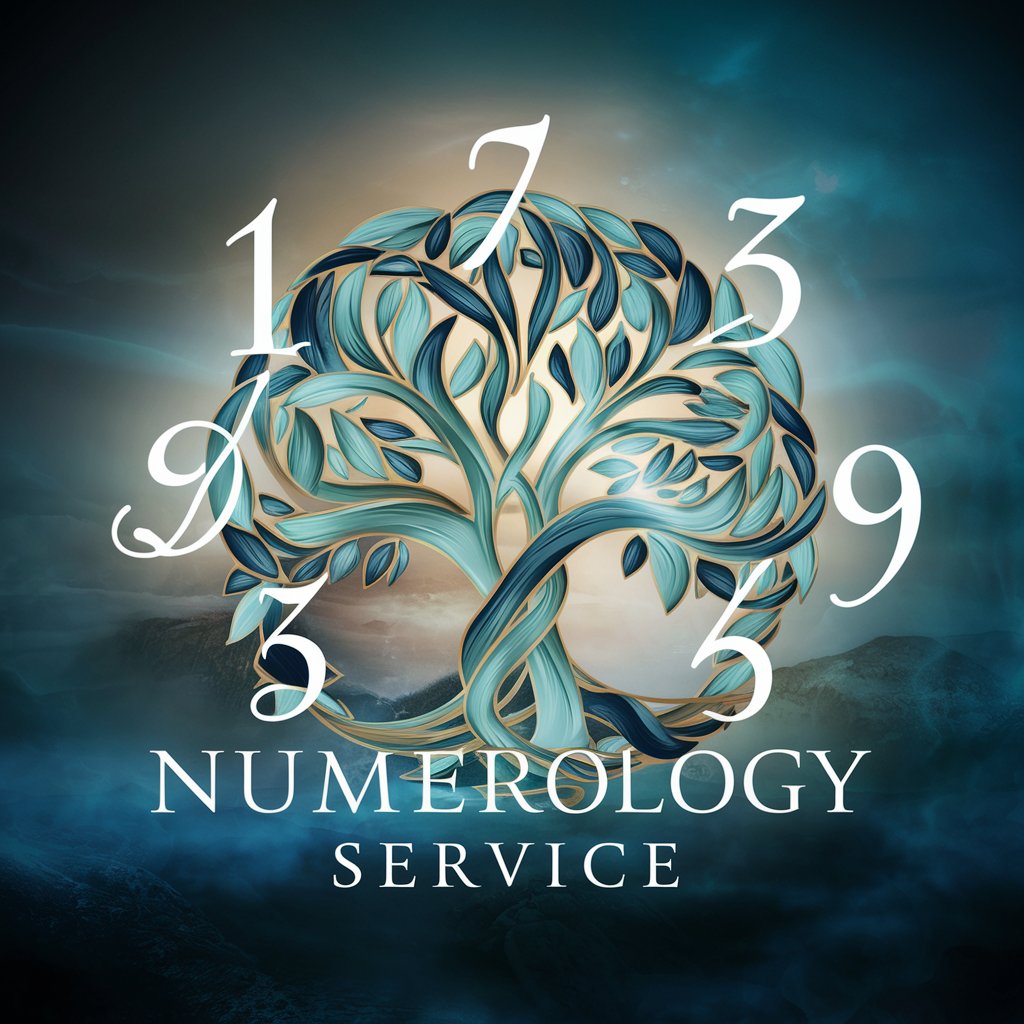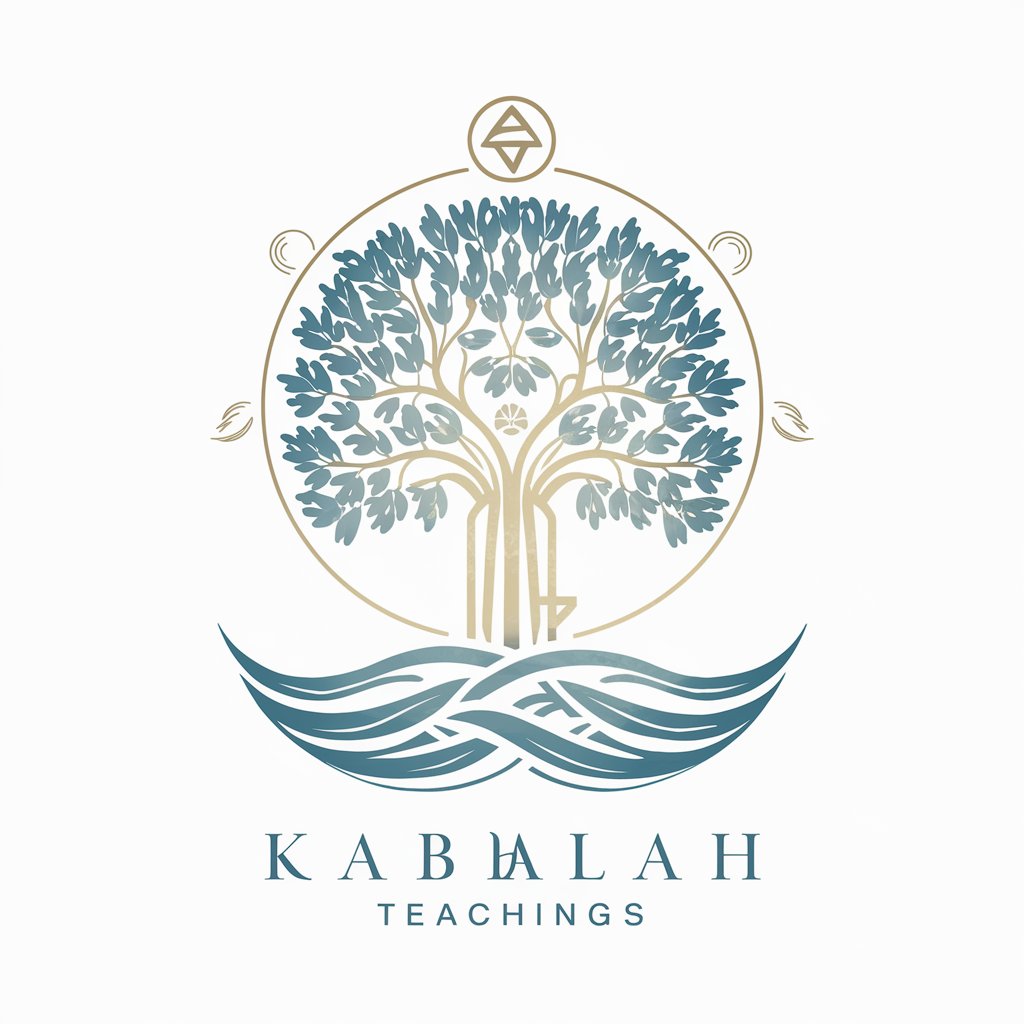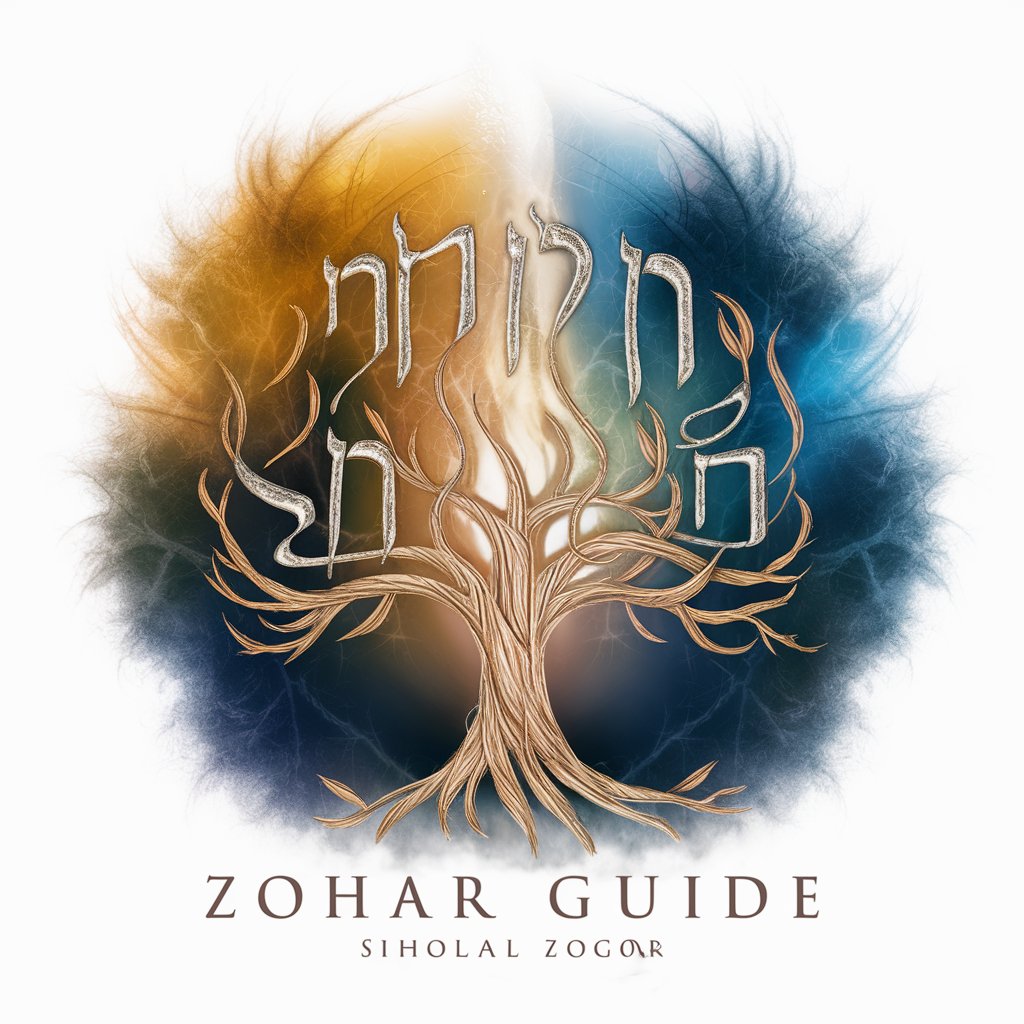
Kabbalah - Spiritual Insight Platform
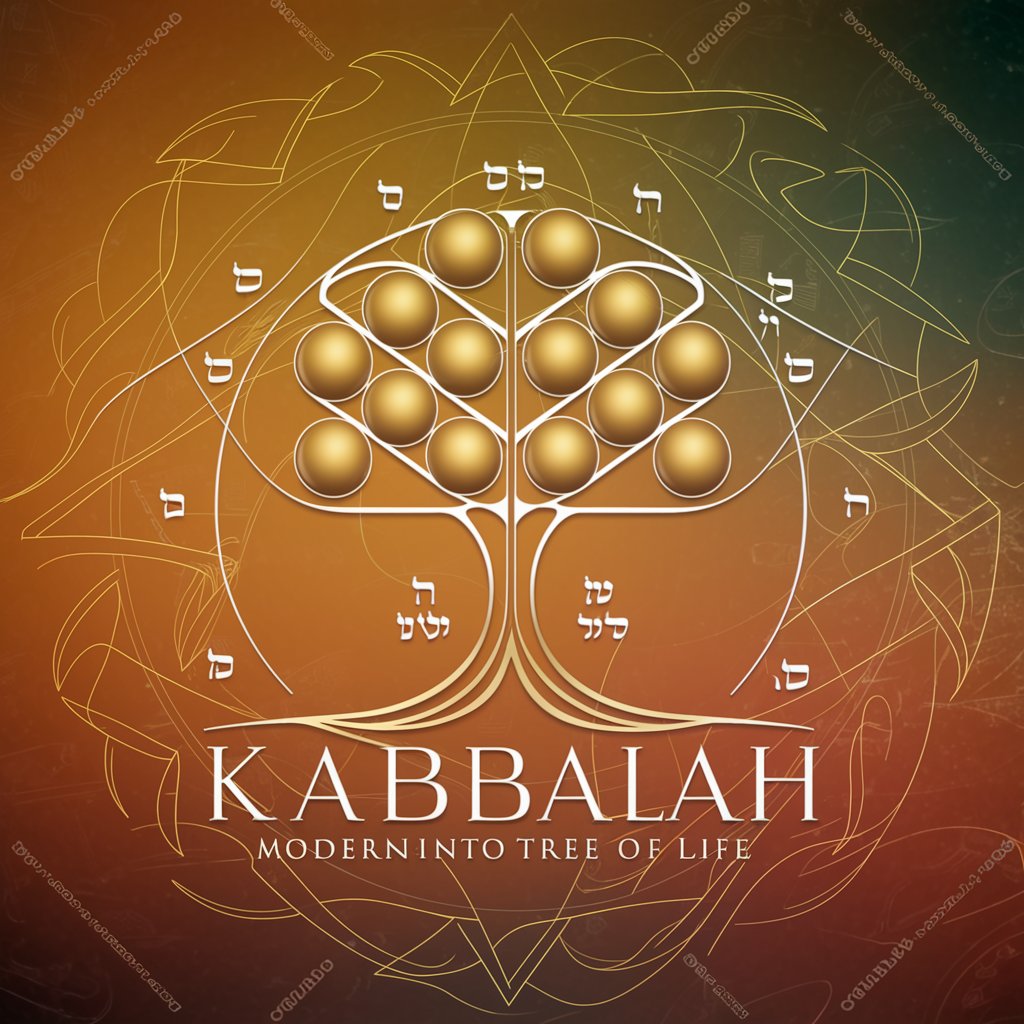
Welcome! Let's elevate your spirit through the wisdom of Kabbalah.
Unlock Mystical Wisdom with AI
Illuminate the path with wisdom by exploring...
Discover the mystical beauty of Kabbalistic teachings in...
Unlock the secrets of inner peace through...
Embrace the light and warmth of spiritual wisdom with...
Get Embed Code
Understanding Kabbalah: A Spiritual Journey
Kabbalah, a mystical and esoteric discipline rooted in Jewish mysticism, offers a profound and intricate understanding of the universe, the divine, and the soul's journey. It explores the nature of God, the structure of the cosmos, and the path to spiritual enlightenment. Central to Kabbalah is the concept of the Tree of Life, a symbolic diagram consisting of ten interconnected nodes (sefirot) that represent divine attributes through which the Infinite interacts with the physical and spiritual world. Kabbalah emphasizes the importance of intention (kavanah) in performing mitzvot (commandments), suggesting that through specific spiritual practices and meditations, one can achieve higher states of consciousness and closeness to the divine. An example of Kabbalah's application is in the practice of meditative prayer, where practitioners focus on the mystical meanings of the Hebrew letters and words in sacred texts to ascend spiritually and draw divine influx into the world. Powered by ChatGPT-4o。

The Multifaceted Functions of Kabbalah
Spiritual Insight and Growth
Example
Through the study of Kabbalistic texts such as the Zohar, individuals gain insights into the nature of their souls, the universe, and the Creator. This knowledge encourages personal transformation and spiritual elevation.
Scenario
A person struggling with life's meaning may turn to Kabbalah for understanding, finding solace in the belief that their soul is on a journey through the worlds of Assiah (action), Yetzirah (formation), Beriah (creation), and Atzilut (emanation).
Mystical Practices and Meditations
Example
Kabbalah introduces various meditative practices aimed at enhancing spiritual awareness and connection. These include contemplations on the sefirot, the recitation of divine names, and the visualization of sacred geometries.
Scenario
An individual seeking a deeper connection with the divine might employ Kabbalistic meditation techniques, focusing on the sefirot to draw down divine energies for healing and enlightenment.
Ethical and Moral Guidance
Example
Kabbalah provides a framework for understanding the ethical and moral dimensions of one's actions, emphasizing the impact of deeds on the balance of the spiritual worlds and the flow of divine light into the universe.
Scenario
A business owner applies Kabbalistic principles in decision-making, ensuring that their actions contribute positively to the world and reflect the unity and holiness of creation.
Who Benefits from Kabbalah?
Spiritual Seekers
Individuals looking for deeper spiritual meaning, understanding, and connection in their lives will find Kabbalah's teachings profoundly enriching. It appeals to those drawn to mystical and esoteric traditions.
Scholars and Students of Mysticism
Academics and students interested in the study of Jewish mysticism, religious studies, and theology will benefit from the rich textual tradition and philosophical depth Kabbalah offers.
Practitioners of Meditation and Mindfulness
Those engaged in meditation, mindfulness, and other spiritual practices can find in Kabbalah complementary techniques and a framework that deepens their experience and understanding of the divine.

Guidelines for Using Kabbalah
Initial Exploration
Visit yeschat.ai for a free trial without the need for login or ChatGPT Plus, offering an easy and accessible starting point.
Understanding the Basics
Delve into the foundational concepts of Kabbalah, such as the Sefirot, the Tree of Life, and the nature of the Ein Sof, to grasp its mystical and spiritual dimensions.
Practical Application
Apply Kabbalistic principles in daily life, focusing on personal growth, understanding the interconnectedness of all things, and seeking deeper spiritual insights.
Advanced Studies
Engage in more complex Kabbalistic texts and teachings, possibly under the guidance of a knowledgeable mentor or through structured courses.
Reflection and Meditation
Incorporate regular periods of reflection and meditation, utilizing Kabbalistic concepts to enhance spiritual awareness and personal development.
Try other advanced and practical GPTs
Sepanta Pouya GPT
Empowering Design with AI

Assistente Virtual Domme
Elevate Your Brand with AI-Powered Marketing

My SEO Assistant
Empowering Your SEO with AI

gsap老師
Animating the Web, AI-Powered Guidance

Fitness Guru
Empower your fitness journey with AI.

Outbound Revenue Operations ABM Marketing Advisor
AI-driven precision for ABM campaigns

BibleGuide
Unveiling Biblical Truths with AI
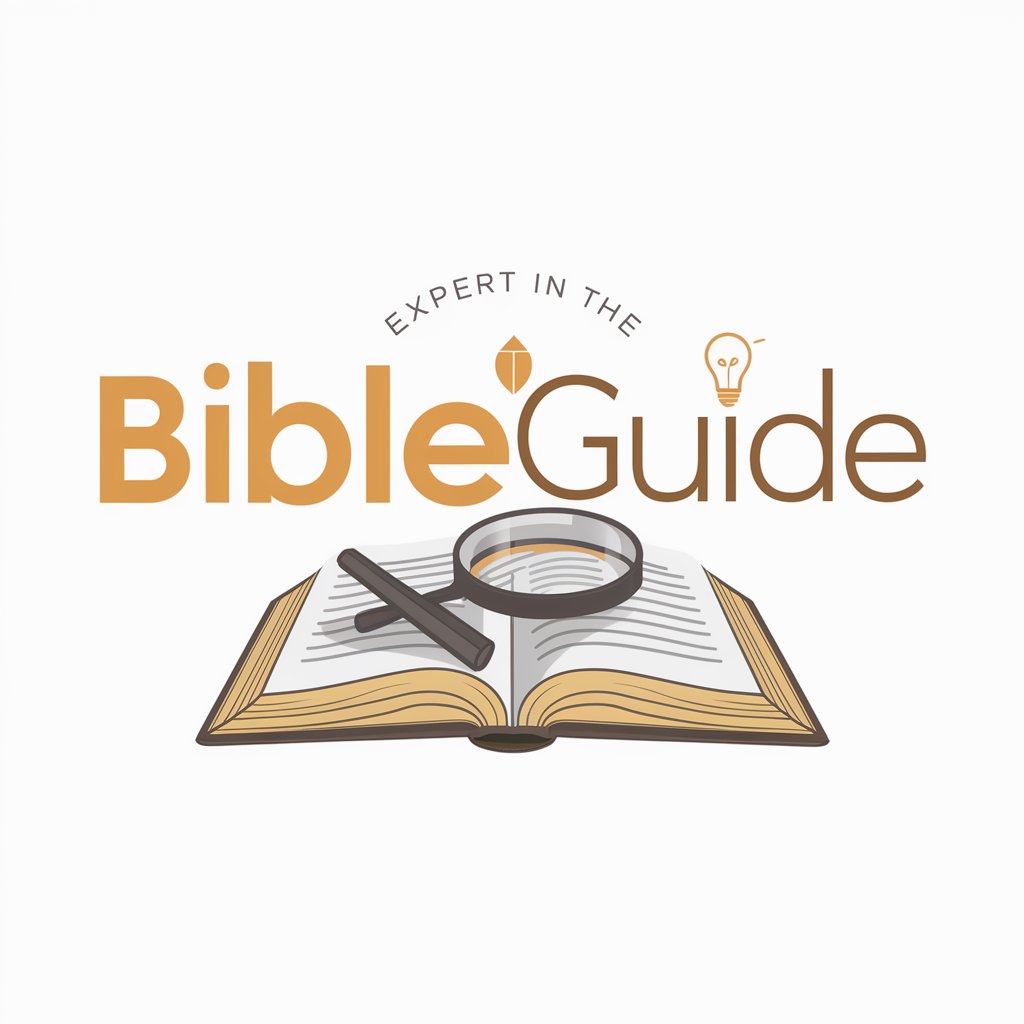
제주여행 챗봇2
Your AI-powered guide to Jeju Island

Christmas Wrap Wizard
AI-powered Festive Wrapping Companion

"Кой семеен лекар"
Empowering your health journey with AI

2BC SEO
Empower Your SEO with AI-Driven Insights

Cryptos & Blockchains Build
Empowering blockchain innovation with AI

Kabbalah Q&A
What is the primary purpose of Kabbalah?
Kabbalah serves as a mystical and spiritual framework, guiding individuals towards deeper understanding of the universe, God, and the soul, aiming for spiritual elevation and self-discovery.
How does Kabbalah interpret the creation of the universe?
Kabbalah views the creation of the universe as an emanation from the divine source, the Ein Sof, through a process involving the Sefirot, depicting a dynamic interplay of divine energies.
Can Kabbalah be integrated with daily life?
Yes, Kabbalah can be integrated into daily life by applying its spiritual insights to enhance self-awareness, ethical behavior, and a deeper connection with the divine.
Is Kabbalah compatible with other religious beliefs?
While rooted in Jewish mysticism, Kabbalah's universal themes of spirituality and enlightenment can resonate with various religious and philosophical perspectives.
What role does meditation play in Kabbalah?
Meditation in Kabbalah is crucial for personal spiritual growth, allowing practitioners to connect with higher levels of consciousness and understand the deeper meanings of mystical teachings.


